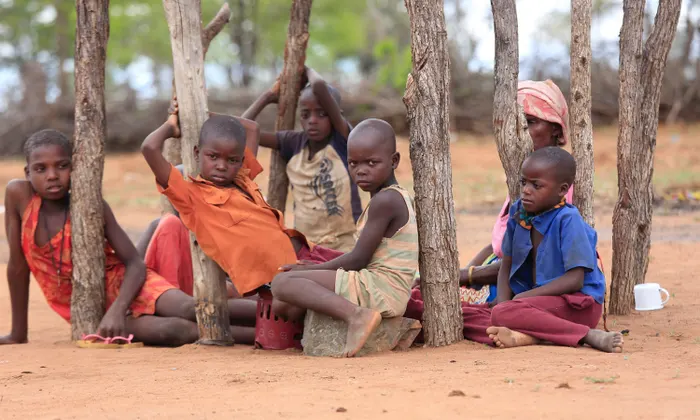In recent years, Zimbabwe has found itself ensnared in the web of human trafficking, a modern-day form of slavery that preys on the vulnerable and exploits their hopes for a better life. The recent sentencing of Caroline Ziyanga, a Zimbabwean trafficker, to 30 years in prison for trafficking nine women to Oman highlights the severity of the issue. Ziyanga, in collusion with traffickers in Oman, lured these women under false pretenses of lucrative jobs in Dubai, only for them to be enslaved and exploited in Oman instead.
This case is not an anomaly but rather a symptom of a broader problem plaguing Zimbabwe. The country has been identified by the US State Department as one of the Sub-Saharan African nations grappling with a serious undercurrent of human trafficking. Zimbabwe serves as a source, destination, and transit point for trafficking victims, with women being exploited in various forms including domestic servitude, forced labor, and sex trafficking across different countries, including Iraq, Kenya, Kuwait, Oman, Saudi Arabia, China, and Uganda.
Despite acknowledgment from high-ranking officials like Vice President Constantino Chiwenga and efforts to implement tough legislations, convictions remain rare. The low conviction rates can be attributed to several factors, including flawed policing methods, corruption within law enforcement agencies, and porous borders. Zimbabwe’s economic challenges, marked by staggering unemployment rates and hyperinflation, further exacerbate the situation by rendering its citizens desperate and susceptible to manipulation by traffickers.
The Zimbabwe Human Rights Association has raised concerns about the role of corruption in undermining the state’s capacity for law enforcement. Reports have indicated that poorly paid law enforcement officers are susceptible to bribery and collusion with traffickers, while the porous borders facilitate the movement of both goods and trafficked individuals. Additionally, Zimbabwe’s reliance on exports of commodities such as platinum, diamonds, and gold, coupled with the impacts of a devastating El Nino-induced drought, further complicates efforts to address the root causes of trafficking by perpetuating economic vulnerabilities.
In response to these challenges, the Zimbabwean government launched the Anti-Trafficking in Persons National Action Plan last year, pledging to address the economic crisis and create a future where the country is no longer an attractive source or haven for traffickers. However, achieving this vision requires concerted efforts to address systemic issues such as corruption, economic instability, and border security.
As human rights experts, it is imperative to advocate for holistic approaches to combat human trafficking in Zimbabwe. This includes strengthening law enforcement mechanisms, enhancing border security, addressing economic disparities, and providing support services for victims. Additionally, international cooperation and collaboration are essential to disrupt transnational trafficking networks and hold perpetrators accountable.
Ultimately, the fight against human trafficking in Zimbabwe requires a multi-faceted approach that prioritizes the protection of human rights, addresses root causes, and fosters partnerships between government agencies, civil society organizations, and the international community. Only through collective action can we hope to eradicate this egregious violation of human dignity and ensure that all individuals are free from exploitation and abuse.
